Open access sustainability articles
How research is helping achieve the UN's Sustainable Development Goals (SDGs)
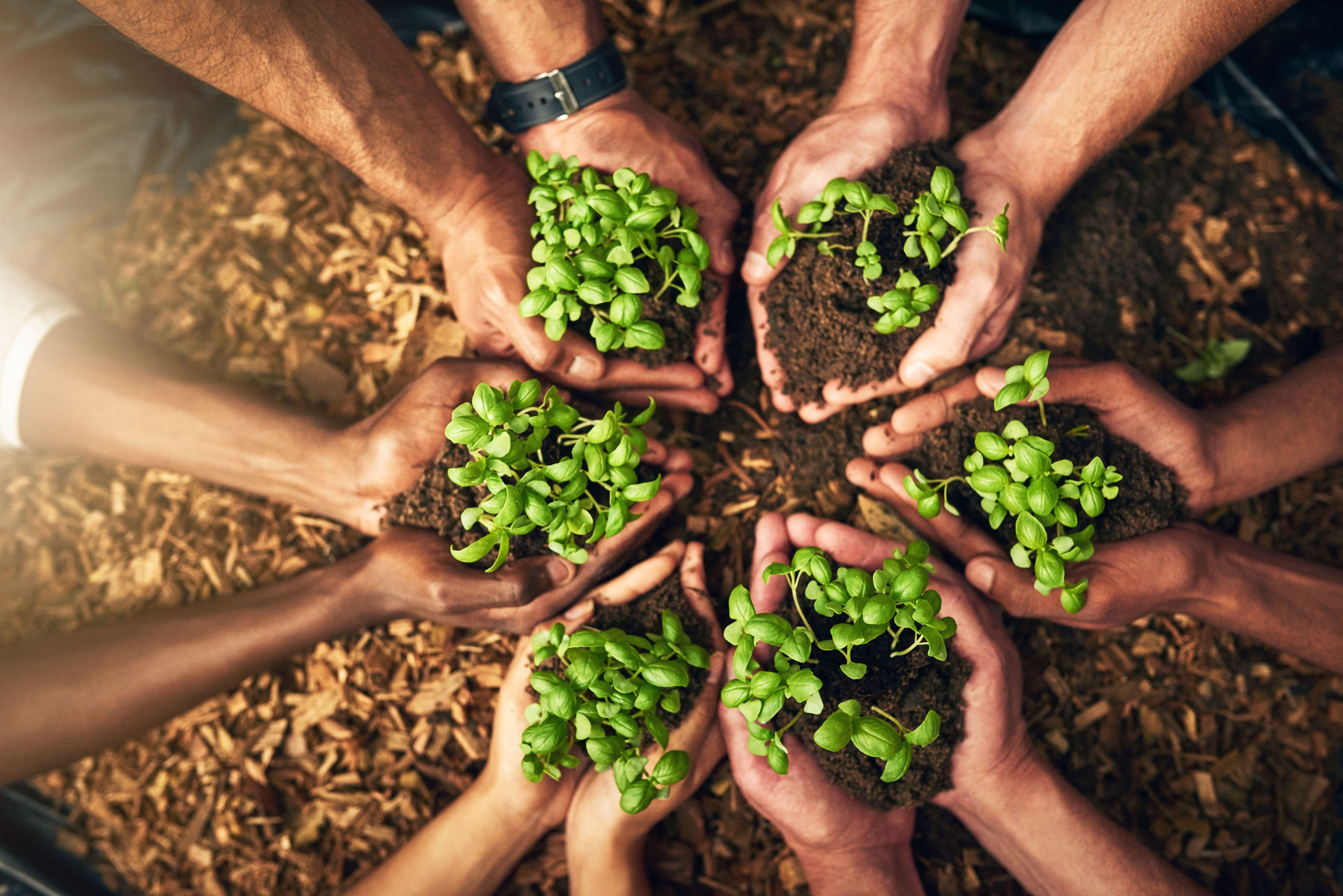
Many of us associate the topic of sustainability with climate change and environmental protection.
But sustainability covers many more of the most important issues of our time.
Meeting current and future needs
In 1987, the United Nations (U.N.) defined sustainability as "meeting the needs of the present without compromising the ability of future generations to meet their own needs." In 2015, it set 17 Sustainable Development Goals (SDGs) to "promote prosperity while protecting the planet."
The goals aim to integrate economic growth, social well-being, and environmental protection with tackling the causes of violent conflict, human rights abuses, climate change, and environmental degradation.
Accessible research
Many of the articles by brilliant researchers in Taylor & Francis journals and on our publishing platform F1000 are helping to overcome the global challenges emphasized in the SDGs.
Below, we're highlighting recent sustainability-focused research articles related to each goal and several F1000 research gateways related to the SDGs.
These articles are open access, meaning anyone can read, download, and share them freely.
We also have an ever-growing list of more than 1,800 open access books, many of which relate to the SDGs.
1. No poverty
Estimating poverty among refugee populations: a cross-survey imputation exercise for Chad
by Theresa Beltramo, Hai-Anh Dang, Ibrahima Sarr, and Paolo Verme in Oxford Development Studies
Household consumption surveys don't typically offer poverty estimates for refugees. This research highlights the poverty of refugees in Chad.
Cooking energy choices in urban areas and its implications on poverty reduction
by Felician Andrew Kitole, Felister Y. Timbamanya, and Jennifer Kasanda Sesabo in International Journal of Sustainable Energy
This study examines urban households' cooking energy choices and their impact on reducing poverty.
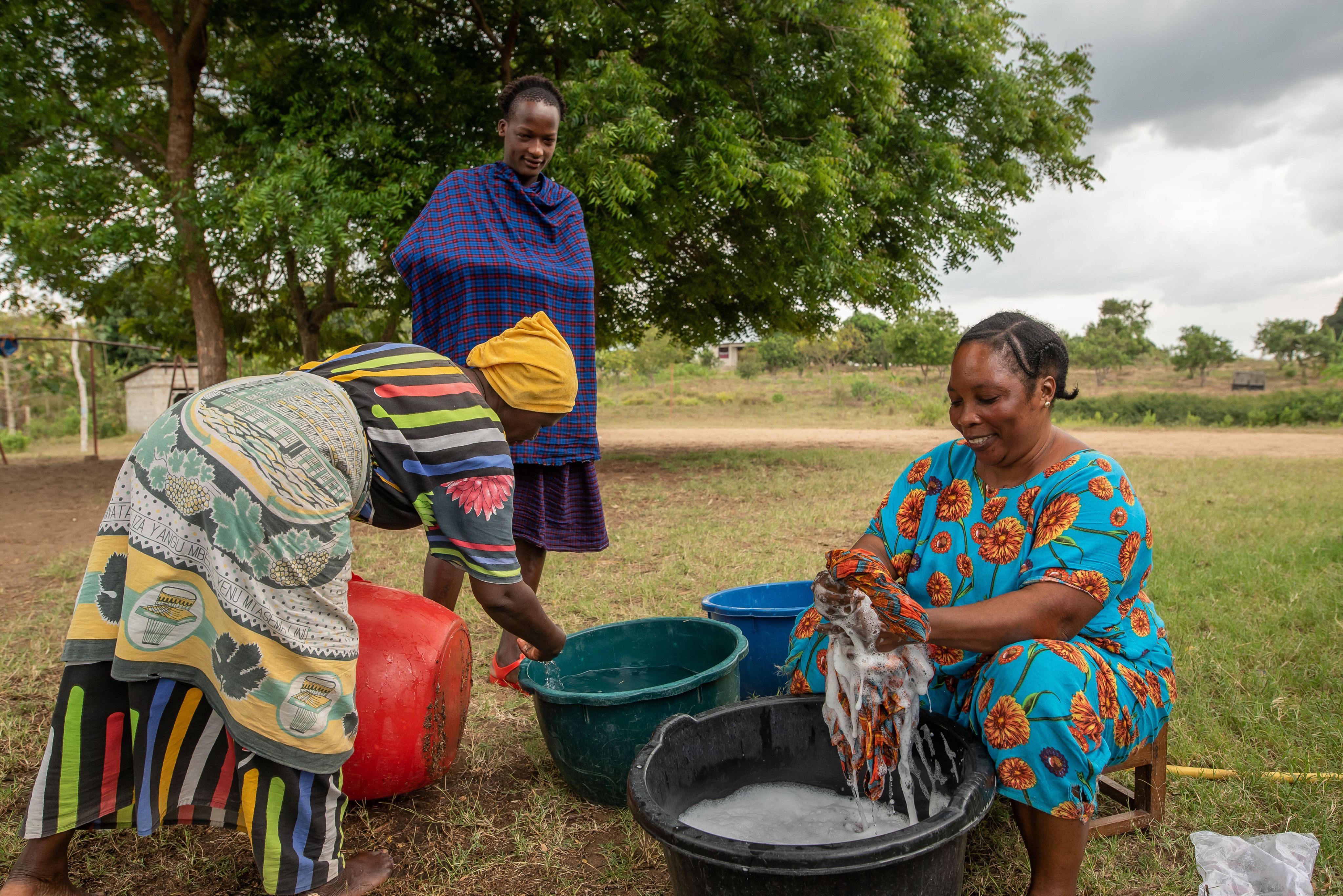
2. Zero hunger
The place of UAE's food security in the national legislation and its role in supporting global food security
by Enas Mohammed Al-Qodsi, Iyad Mohammad Jadalhaq, and Mohammed El Hadi El-Maknouzi in Cogent Social Sciences
This research analyzes the United Arab Emirates' national legislation and its role in supporting global food security.
Climate change awareness and adaptation strategies by smallholder farmers in semi-arid areas of Zimbabwe
by Sandra Makaita Madamombe et al.
in International Journal of Agricultural Sustainability
This article highlights how small farms in Zimbabwe are adapting to extreme weather events.
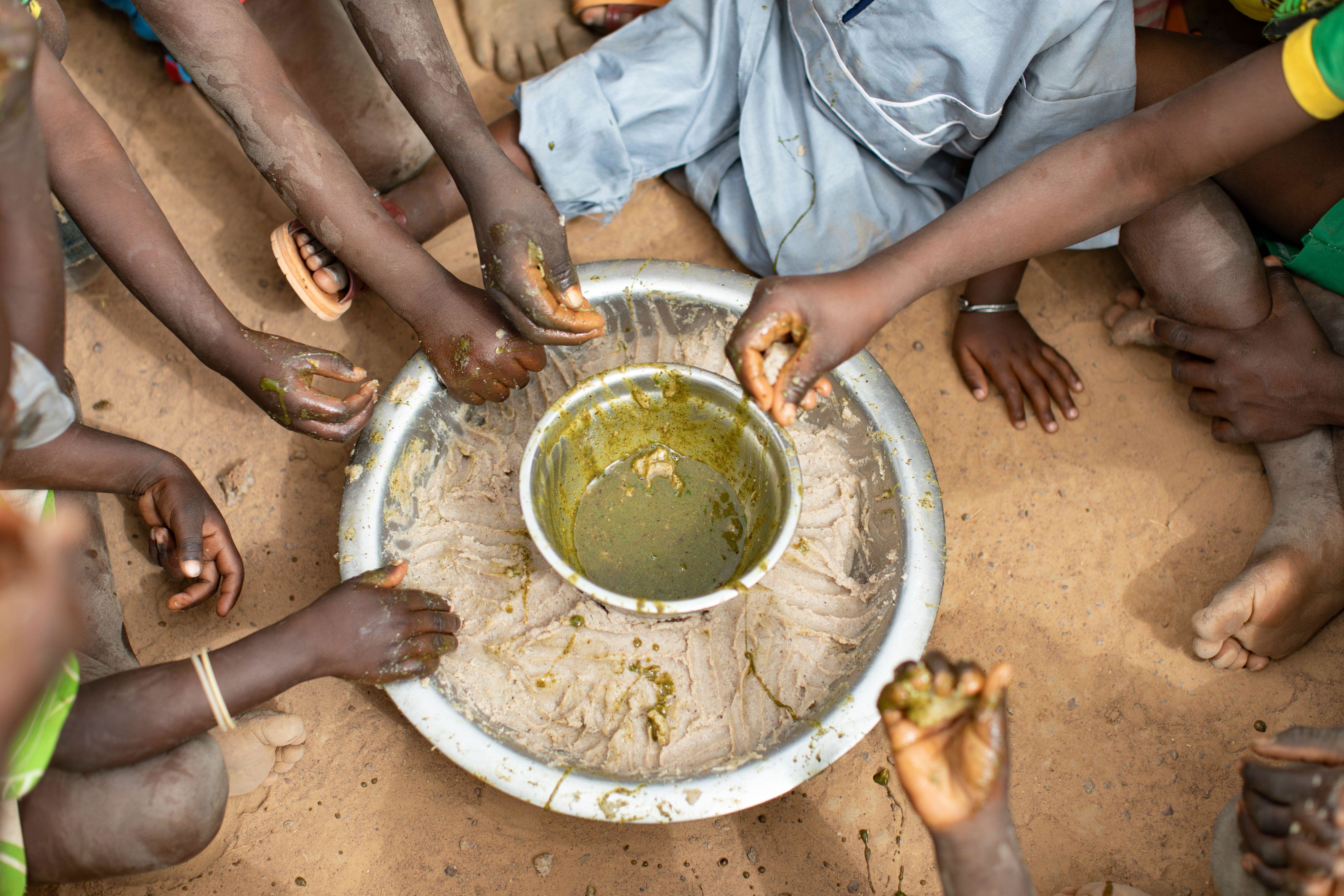
3. Good health and wellbeing
How interventions to maintain services during the COVID-19 pandemic strengthened systems for delivery of maternal and child health services: a case study of Wakiso District, Uganda
by Steven Ndugwa et al. in Global Health Action
This article details improvements made in maternal and child health service delivery following investments made during the COVID-19 response.
Development and initial testing of mindful journey: a digital mindfulness-based intervention for promoting recovery from substance use disorder
by Corey R. Roos et al. in Annals of Medicine
This study aims to develop and test the initial feasibility and acceptability of Mindful Journey, a novel digital mindfulness-based intervention for promoting recovery among individuals with SUD (substance use disorder).
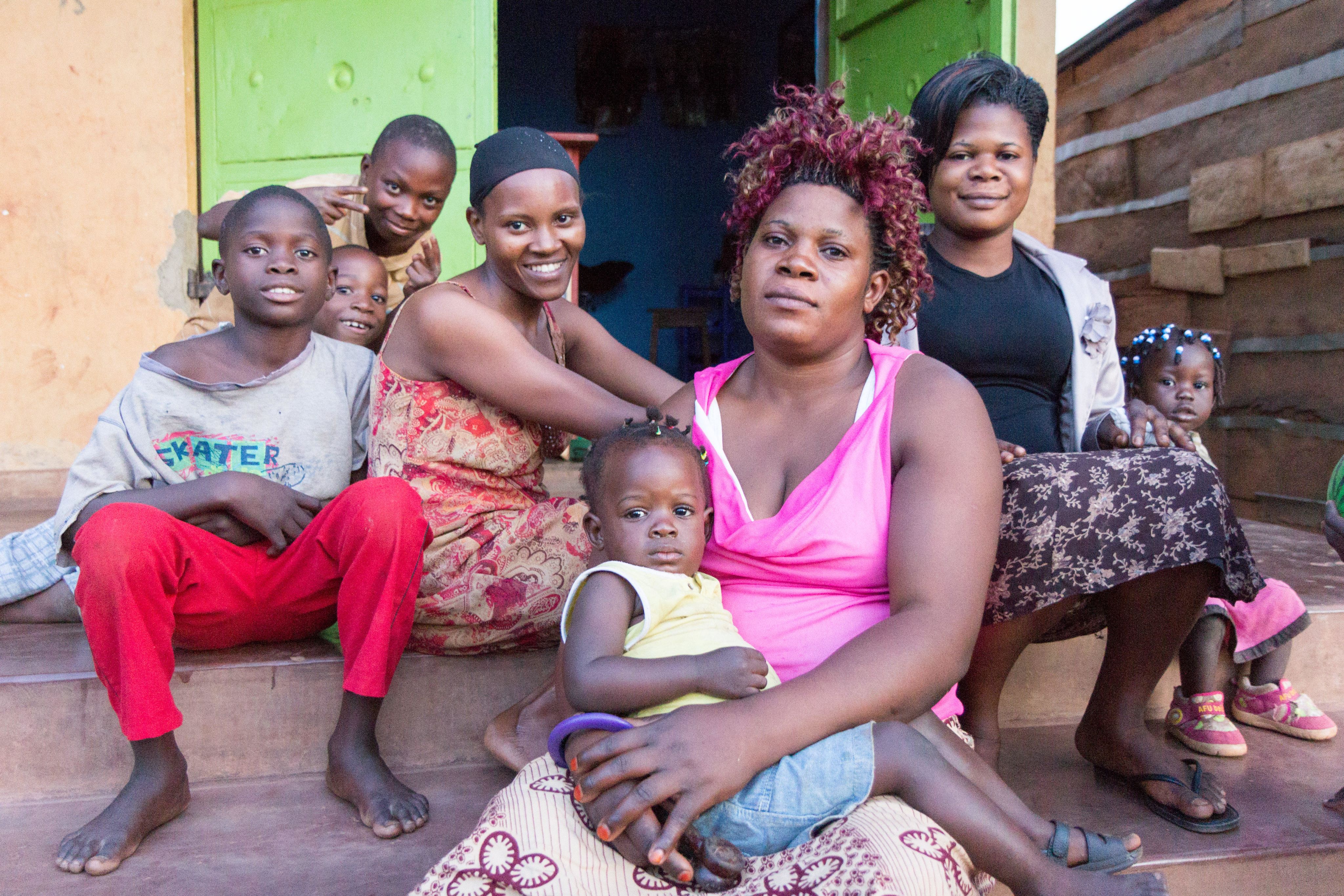
4. Quality education
The influence of AI text generators on critical thinking skills in UK business schools
by Aniekan Essien, Oyegoke Teslim Bukoye, Christine O'Dea and Marios Kremantzis in Studies in Higher Education
This study investigates the influence of generative artificial intelligence (GAI), specifically AI text generators such as ChatGPT, on critical thinking skills in U.K. postgraduate business school students.
What do you need to know to live in the world? Global educational reform and the democratisation of knowledge
by April R. Biccum in Globalisation, Societies, and Education
This paper is an interpretive study of a global educational reform movement in response to the problems caused by capitalist globalization and a technological society.

5. Gender equality
Unsettling settler-colonialism in gender and development: reflections from Aotearoa New Zealand
by Angela Wilton in Development in Practice
This paper explores questions regarding gender and development's role in perpetuating and unsettling settler-colonialism.
Mapping violence against women in Pakistan: A Galtungian reading of Fatima Bhutto's The Shadow of the Crescent Moon
by Moussa Pourya Asl and Syaidatul Asyiqin binti Mohd Hanafiah
in South Asian Review
This paper explores the intersecting factors contributing to violence against women in Pakistan as depicted in contemporary literary works by women writers.
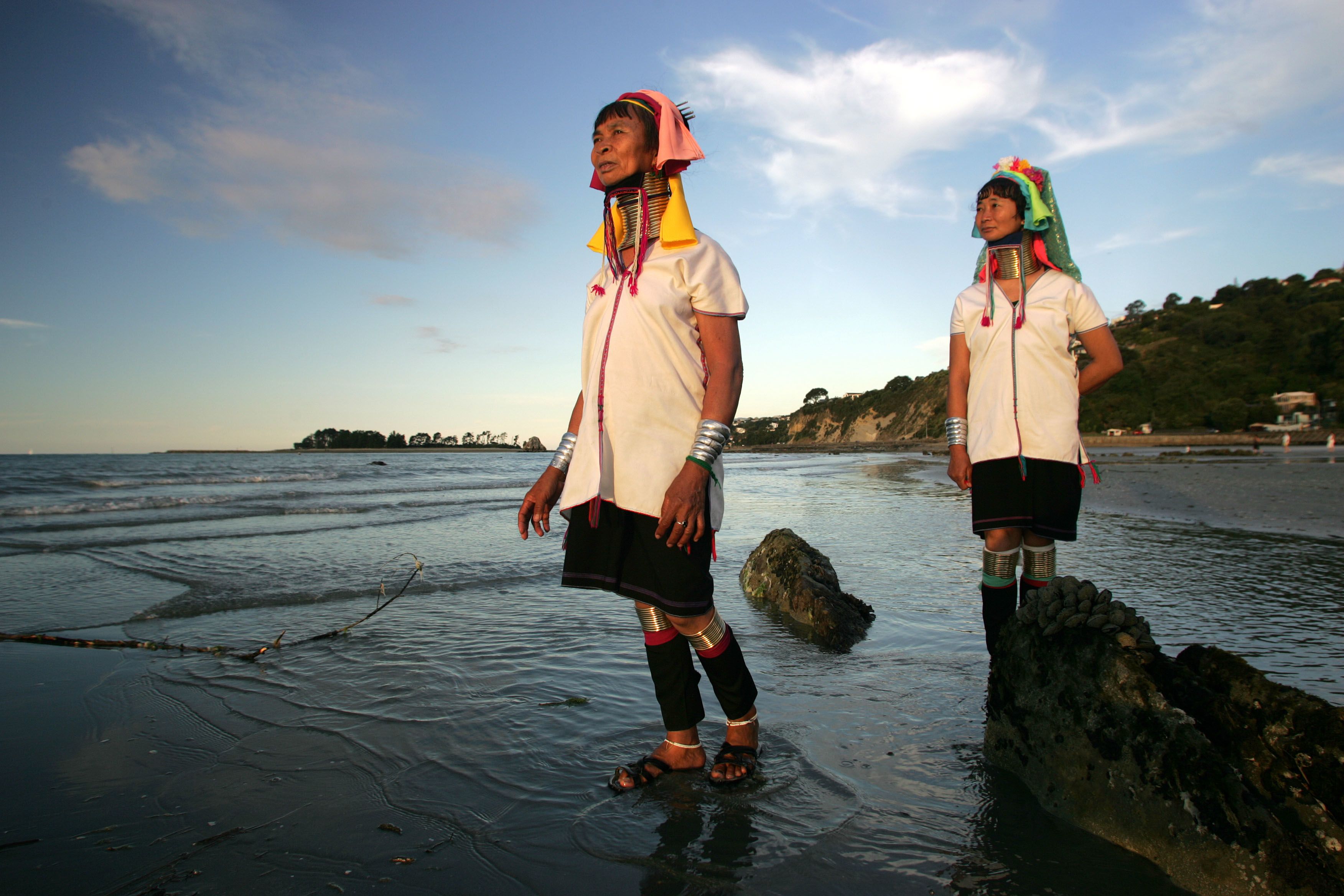
6. Clean water and sanitation
Review on the influence of water quality on livestock production in the era of climate change: perspectives from dryland regions
by Diriba Tulu, Feyisa Hundessa, Sileshi Gadissa, and Tasisa Temesgen in Cogent Food & Agriculture
This paper highlights the impact that drinking water quality has on livestock.
Urban water security: water supply and demand management strategies in the face of climate change
by Rahul Ray Biswas, Raj Sharma, Yeboah Gyasi-Agyei, and Anisur Rahman in Urban Water Journal
Understanding climate change's impacts on water resources is a priority. This study explores viewpoints regarding the water supply-side and water demand-side management measures in coping with future climatic impacts to achieve urban water security.

7. Affordable and clean energy
The impact of energy efficiency and renewable energy consumption on carbon emissions in G7 countries
by Hakan Altın in International Journal of Sustainable Engineering
G7 countries are the world’s largest industrialized economies and have high fossil fuel use. This study analyzes the impact of energy efficiency and renewable energy use on carbon emissions in G7 countries between 1971 and 2023.
The role of economic growth, financial development, globalization, renewable energy, and industrialization in reducing environmental degradation in the economic community of West African states
by Kwadwo Boateng Prempeh in Cogent Economics & Finance
West Africa is highly susceptible to the effects of climate change. This paper investigates the role of financial development, globalization, renewable energy, economic growth, and industrialization in the region in reducing environmental degradation.
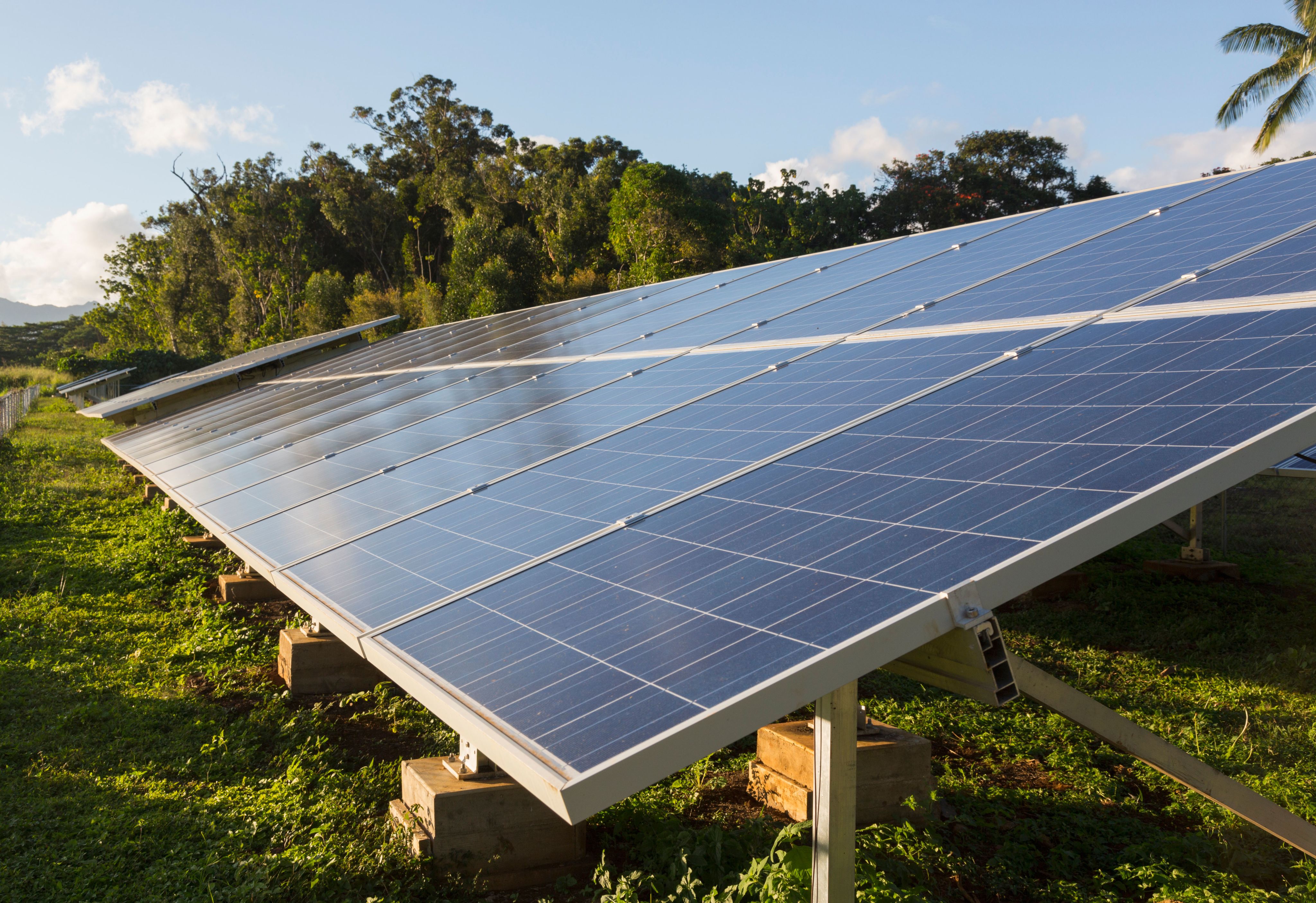
8. Decent work and economic growth
The value of indigenous perspectives in the re-valuing of work and labour
by Noelle Donnelly in Labour and Industry
This article argues for a substantive re-configuration that challenges the conventional economic framing of labor as a commodity.
The impact of school challenges on parental employment among families with children on the autism spectrum
by Chloe Blackwell in Disability & Society
This paper presents findings from in-depth interviews conducted with 19 families living in England, Scotland, and Wales to explore their perspectives on the impact of school on parental paid employment.
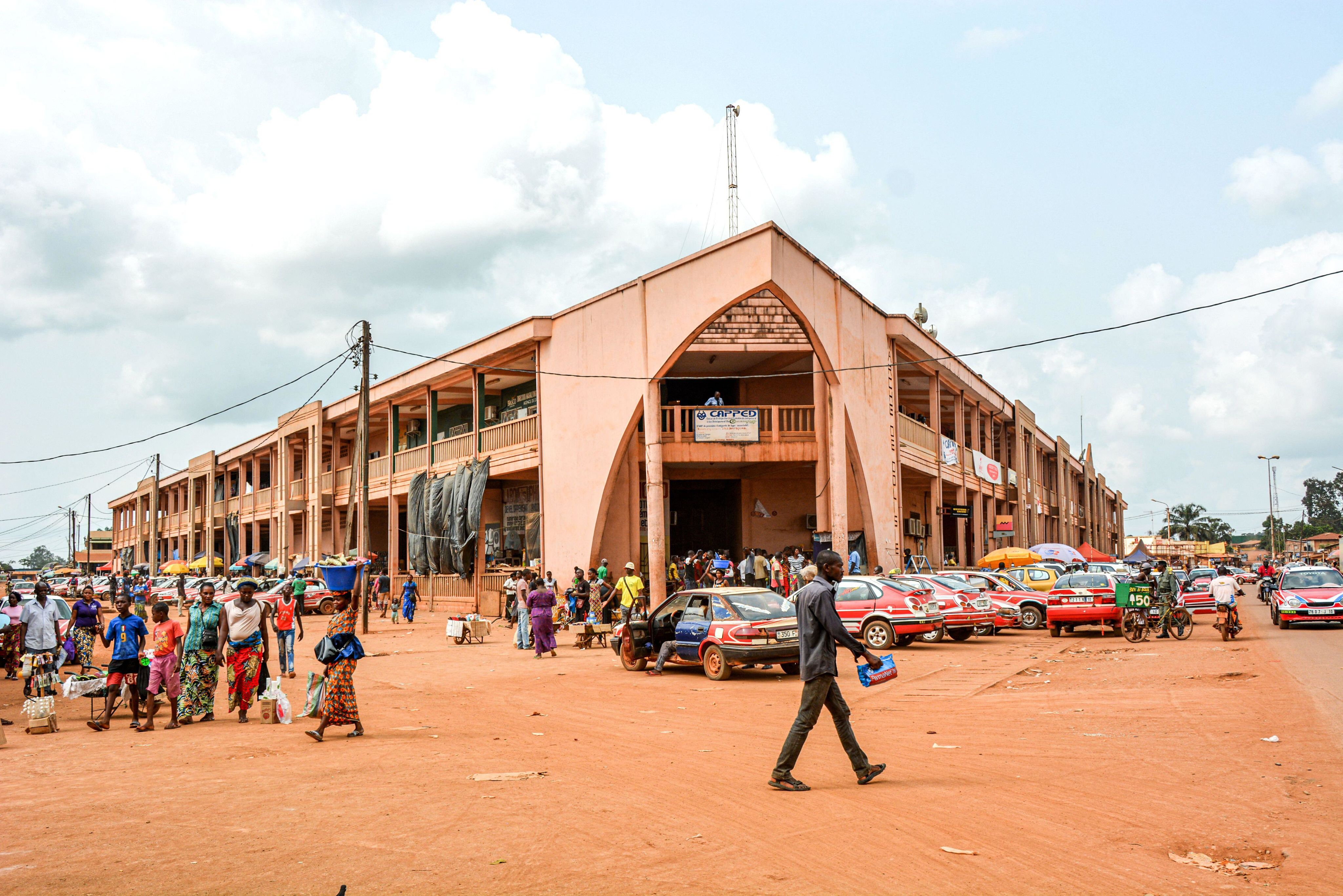
9. Industry, innovation, and infrastructure
Sustainability and strategic management accounting: evidence of green manufacturing in Thailand
by Worakorn Pumiviset and Muttanachai Suttipun in Cogent Business & Management
This study investigates the effects of strategic management accounting (SMA) on sustainable (economic, environmental, and social) performance.
Impacts of BIM policy on the technological progress in the Architecture, Engineering, and Construction (AEC) industry: evidence from China
by Yonghong Chen, Yufan Yang, Lan Luo, and Chenyongjun Ding in Journal of Asian Architechture and Building Engineering
Building Information Modeling (BIM) technology is increasingly crucial in the digital transformation of the Architecture, Engineering, and Construction (AEC) industry. This paper highlights China's experience in BIM policy formulation and implementation.

10. Reduced inequalities
Navigating 'race' and challenging racisms in the Academy: the career geographies of a German UK sociologist
by Iris Wigger in Globalisation, Societies and Education
This article reflects critically on growing societal controversies about the role of racism in Western society and discusses why and how racism and white normativity should be addressed and challenged more prominently in higher education.
Possible changes over time: poverty among migrants in the European Union
by Mykhaylo Kunychk, Martin Grešš, Leonid Reneta, Boris Dziura, and Dean Sinković in Economic Research-Ekonomska Istraživanja
European Union (EU) countries have faced increased immigration from less developed and politically stable countries. The article looks at what factors influence the income level of migrants in the EU.
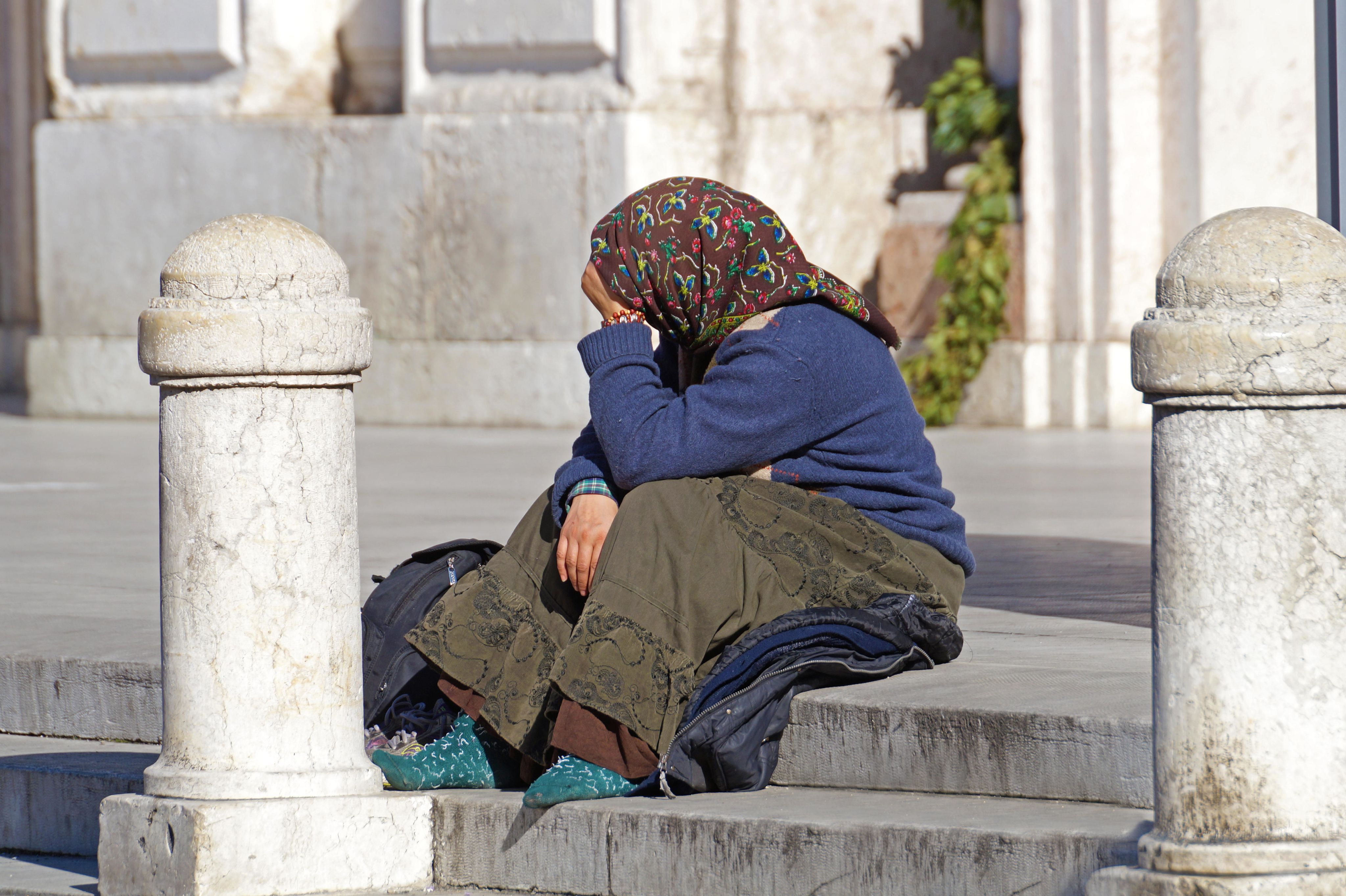
11. Sustainable cities and communities
Control and orientation of urbanization of cities in developing countries: a case study of Kinshasa, Democratic Republic of the Congo
by Innocent Mufungizi and Aymar Akilimali in Urban, Planning and Transport Research
To help achieve the SDGs, developing countries are modernizing and building urban infrastructure. This article highlights the impact of uncontrolled urbanization.
Exploring the potential of incorporating plastic waste, textile sludge, and construction and demolition waste into concrete: a comparative study
by Hagar Hammad, Yasmin Elhakim, Tawfik Ismail, Irene S. Fahim and Mohamed Mahmoud in Cogent Engineering
This study investigates the potential of incorporating plastic waste (PW), textile sludge (TS), and construction and demolition waste (CDW) into concrete as sustainable alternatives to traditional construction materials.
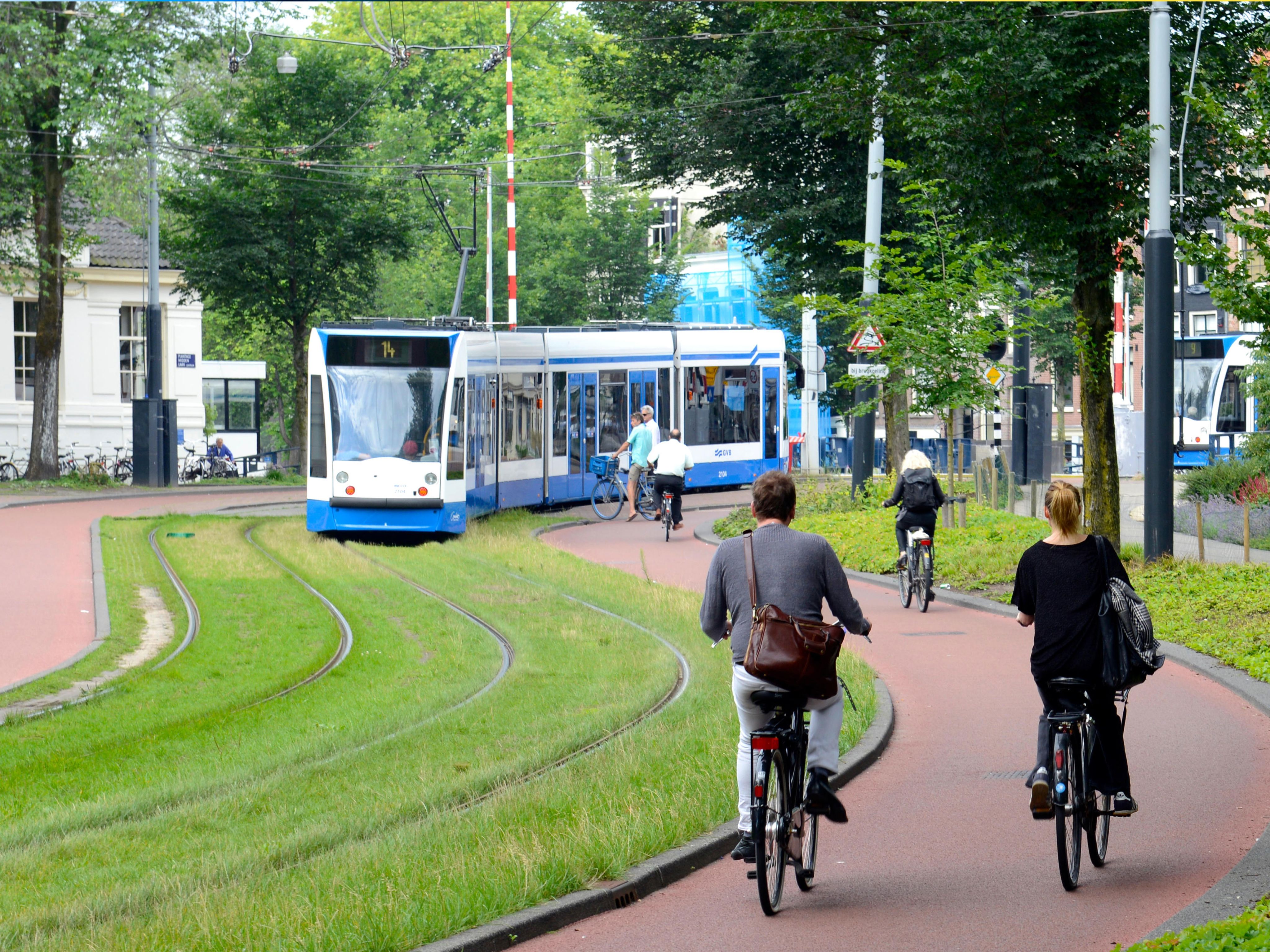
12. Responsible consumption and production
Can fashion be sustainable? Trajectories of change in organizational, products and processes, and socio-cultural contexts
by Paola Bertola and Chiara Colombi in Sustainability: Science, Practice and Policy
This article conducts an in-depth exploration of the current landscape of fashion sustainability.
Towards circular farming: factors affecting EU farmers' decision to adopt emission-reducing innovations
by Selene Ivette Ornelas Herrera et al.
in International Journal of Agricultural Sustainability
This study aims to identify the factors affecting the adoption of several circular agronomy solutions using a semi-structured questionnaire on a sample of farmers in four EU countries: Spain, Austria, the Czech Republic, and Italy.

13. Climate action
Adapting to climate change through nature-based solutions and indigenous knowledge: the case for landscape-scale ecosystem regeneration in the Rokohouia Delta
by John Reid, Edward Challies, Te Maire Tau and Shaun Awatere in
Kōtuitui: New Zealand Journal of Social Sciences Online
This study explores the potential of nature-based solutions and indigenous knowledge in climate change adaptation. It focuses on the Rokohouia Delta located in Aotearoa, New Zealand where Ngāi Tūāhuriri, the Indigenous People of the region, employ strategies deeply rooted in their understanding of the interdependencies between humans and ecosystems.
Party politics and the effectiveness of local climate change policy frameworks: green influence from the sidelines
by Liam Clegg in Local Government Studies
This paper explores whether the Green Party's ability to influence climate commitment nationally via legislative presence and coalition partnership translates to English local government.
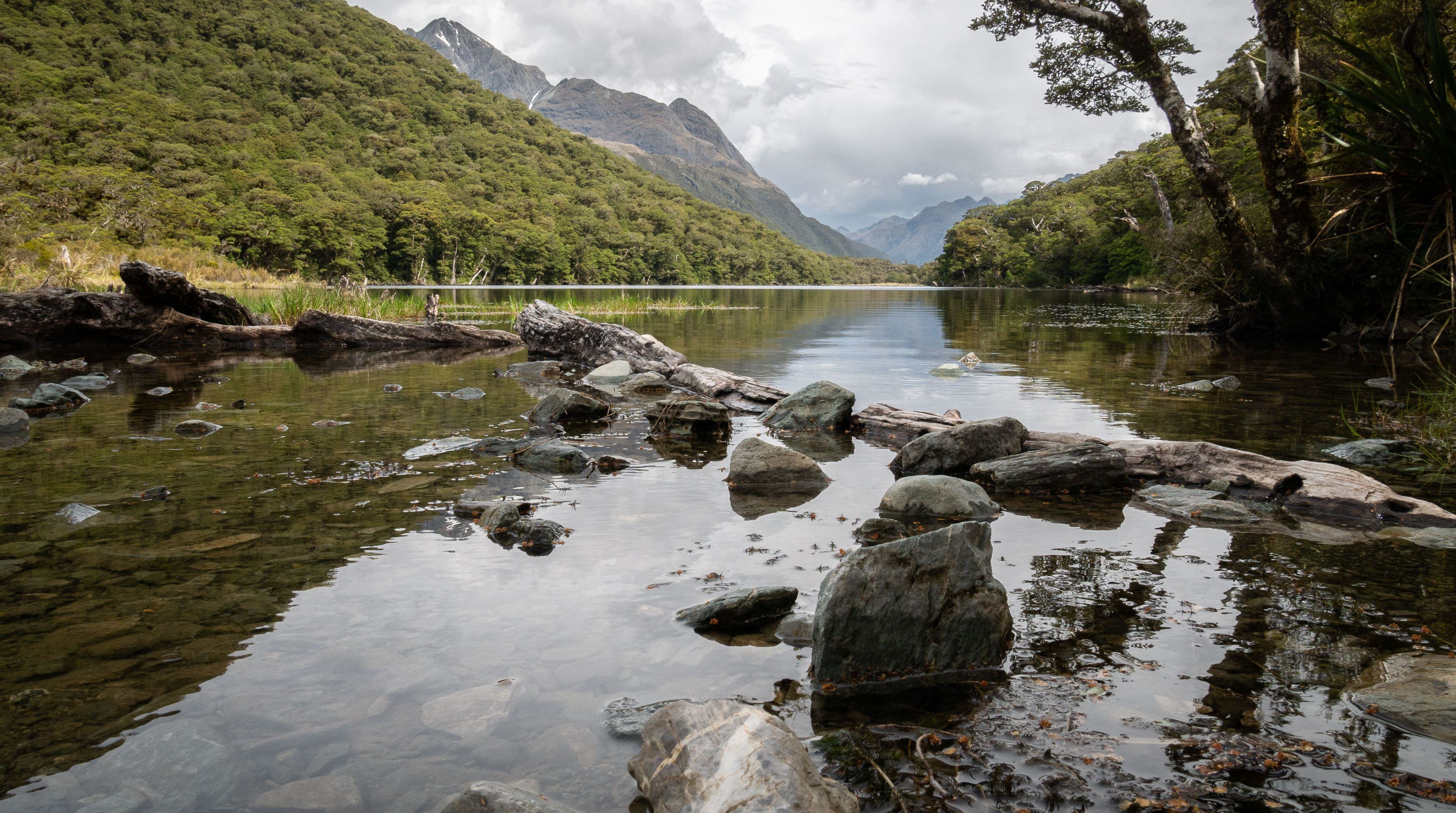
14. Life below water
How can we unlock the full potential of marine biological resources for novel drug discovery in an effective and ethical way?
by Hidayat Hussain in Expert Opinion on Drug Discovery
This paper investigates the potential of marine biological resources as pharmacological treatments.
Assessing the impact of environmental variability on harvest in a heterogeneous fishery: a case study of the Canadian lobster fishery
by Dana Wright and Yajie Liu in Journal of Environmental Economics and Policy
This study uses a panel dataset of individual fishing vessels to examine how variation in ocean temperature affects fish harvest.

15. Life on land
Factors influencing adoption of cocoa agroforestry in Ghana: Analysis based on tree density choice
by Joseph Amerino, Clever Kwasi Apedo, and Benjamin Tetteh Anang in Sustainable Environment
This study explores the typology of cocoa agroforestry (AF) in Ghana and the drivers of adoption using cross-sectional data from cocoa producers in Ghana’s Sefwi Wiawso Municipal District.
Ecological and economic significance of swamp vegetation nursery for successful reforestation program: an insight from Bangladesh
by Md. Shawkat Islam Sohel et al. in Geology, Ecology and Landscapes
This study evaluates the socio-economic and ecological contribution of swamp small-scale tree nurseries.
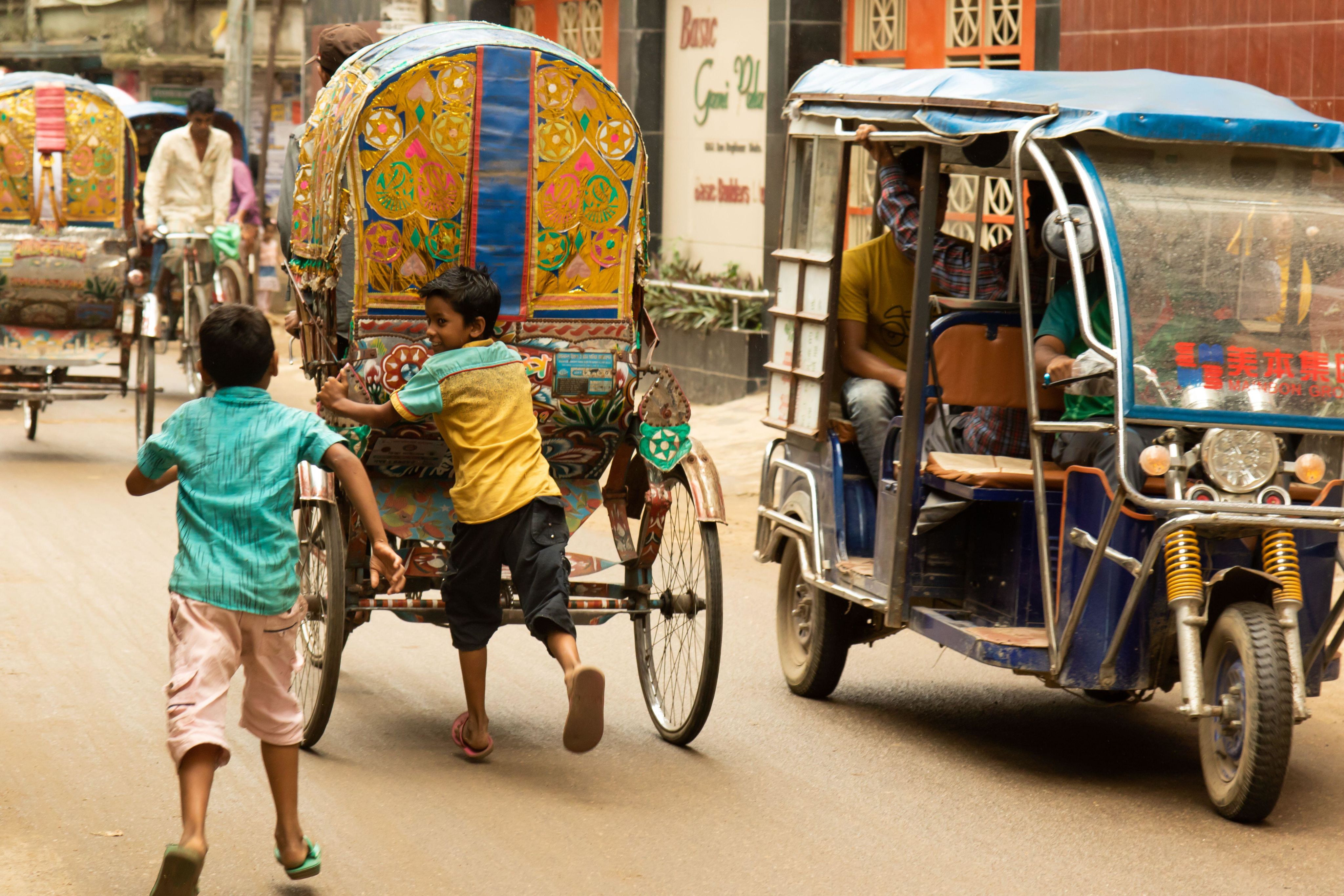
16. Peace, justice, and strong institutions
Religion and the prevention of election violence: Lessons from Kenya
by Simon Polinder in The Review of Faith and International Affairs
This paper highlights how many churches in Kenya recently excluded politicians from their religious gatherings and denied them access to the pulpit.
'We will not relax our efforts': The anti-nuclear stance of civil society and government in post-independence Fiji
by Dimity Hawkins in The Journal of Pacific History
This article revisits the period after Fiji's independence. It draws on archival materials to rediscover the emergence of the anti-nuclear sentiment that grew within Fiji, which helped inform the later Nuclear Free and Independent Pacific (NFIP) movement.
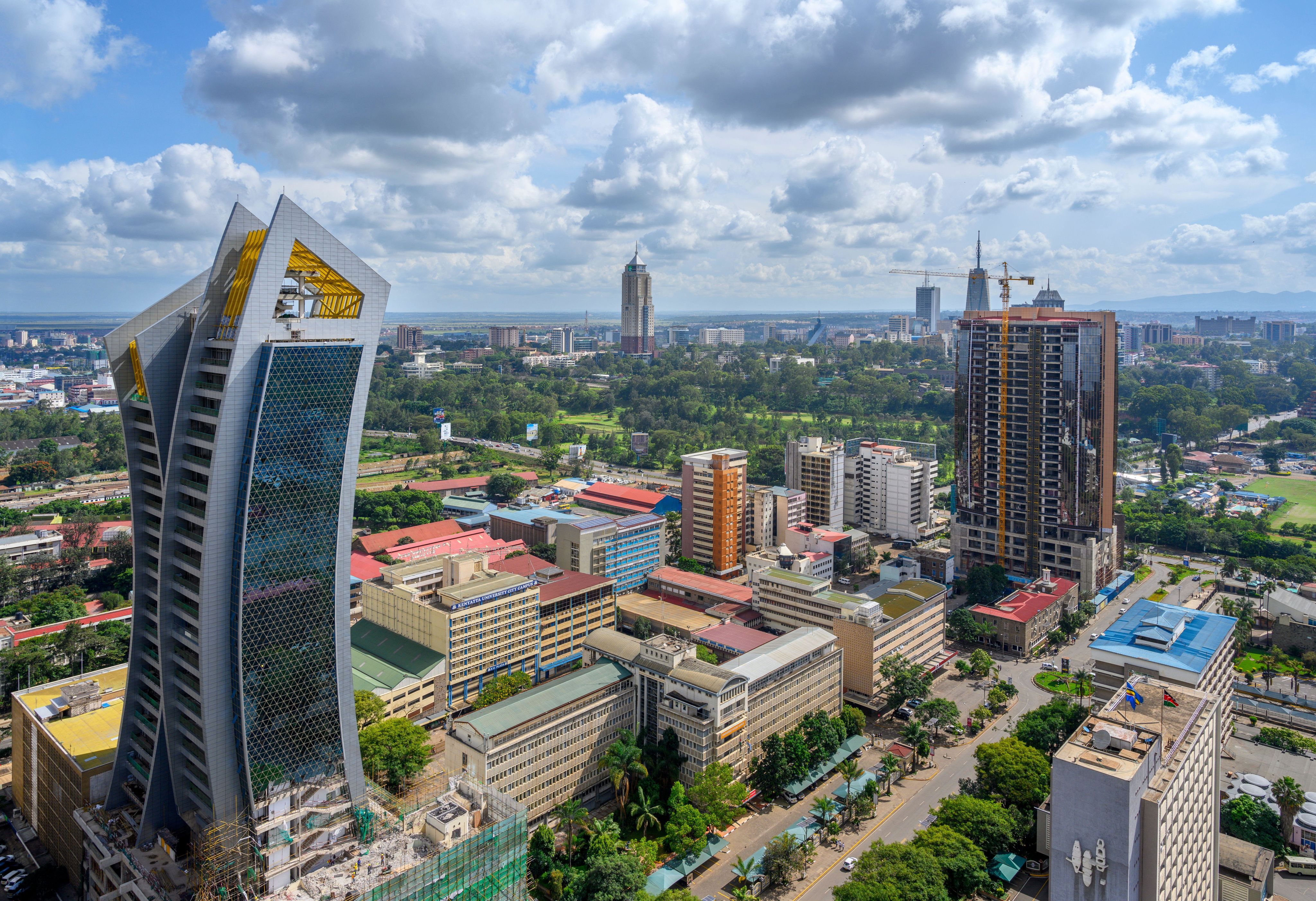
17. Partnerships for the goals
Development and decolonisation: the 1964 UN Conference on Trade and Development and the independence of Papua New Guinea
by Nicholas Ferns in The Journal of Imperial and Commonwealth History
This article examines the impact of the U.N. Conference on Trade and Development (UNCTAD) on the decolonization of Papua New Guinea, as it sparked an acceleration of calls for the country's independence in the second half of the 1960s.
Workshop-based learning and networking: a scalable model for research capacity strengthening in low- and middle-income countries
by Celine Perier et al. in Global Health Action
This paper highlights the flagship program of the Alliance partnership is the MU/UCB Biosciences Training Program, an in-country, hands-on workshop model that trains a large number of students from Makerere University in infectious disease and molecular biology research.
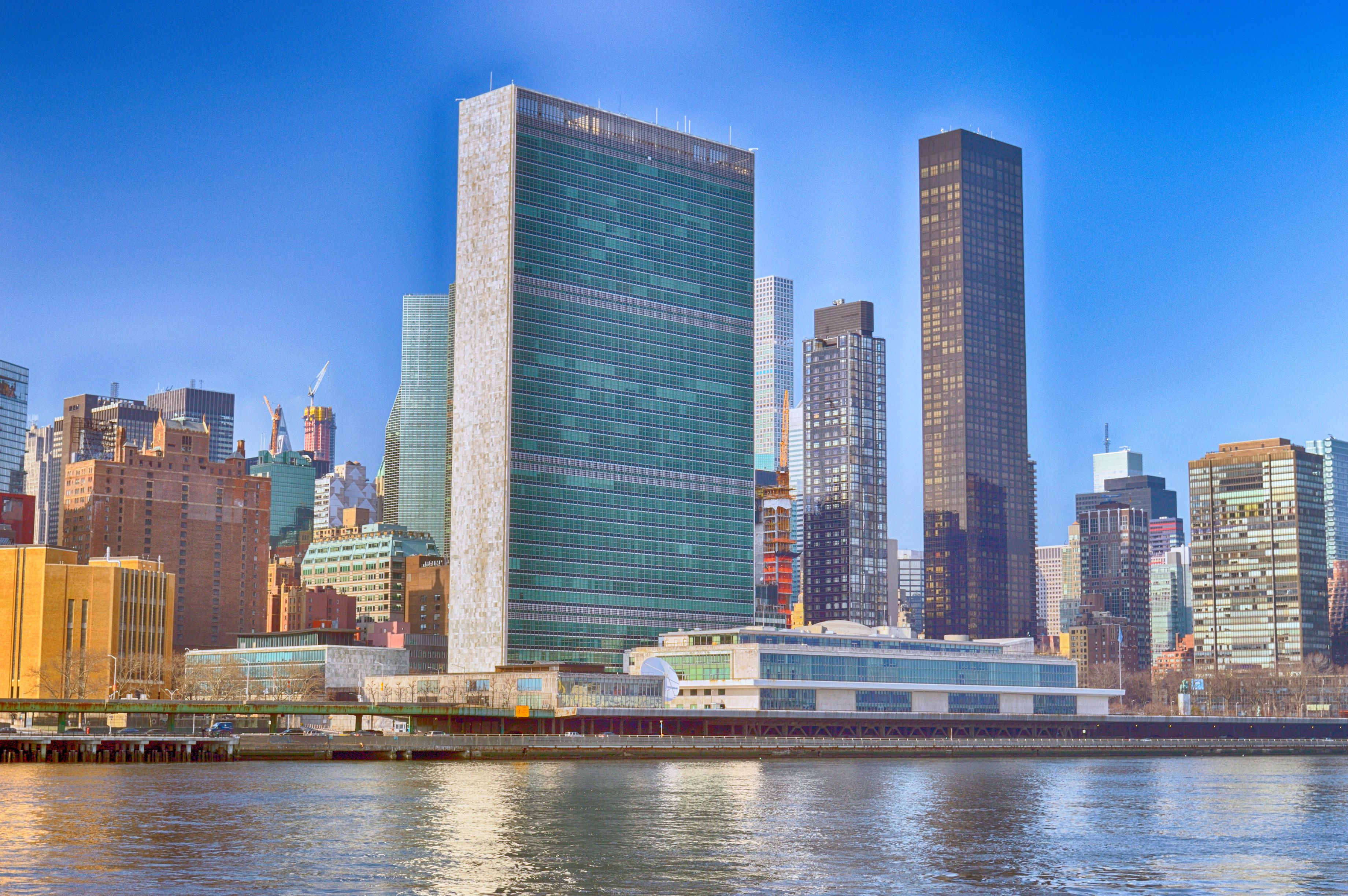
Related gateways from F1000
You might also like:
Social justice and sustainability
Find out about the content we publish, commitments we've made, and initiatives we support related to social justice and sustainability:
 China
China Africa
Africa





